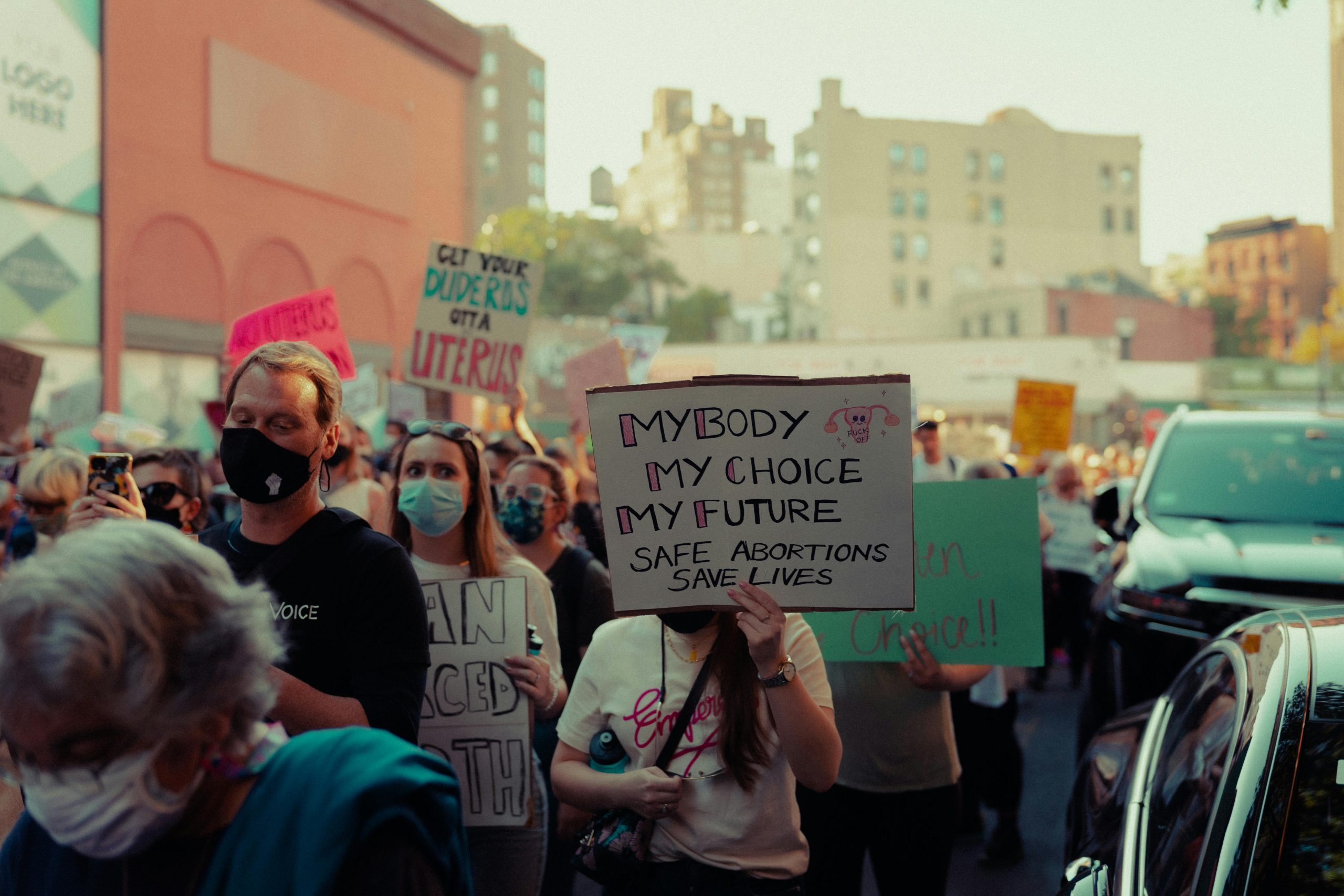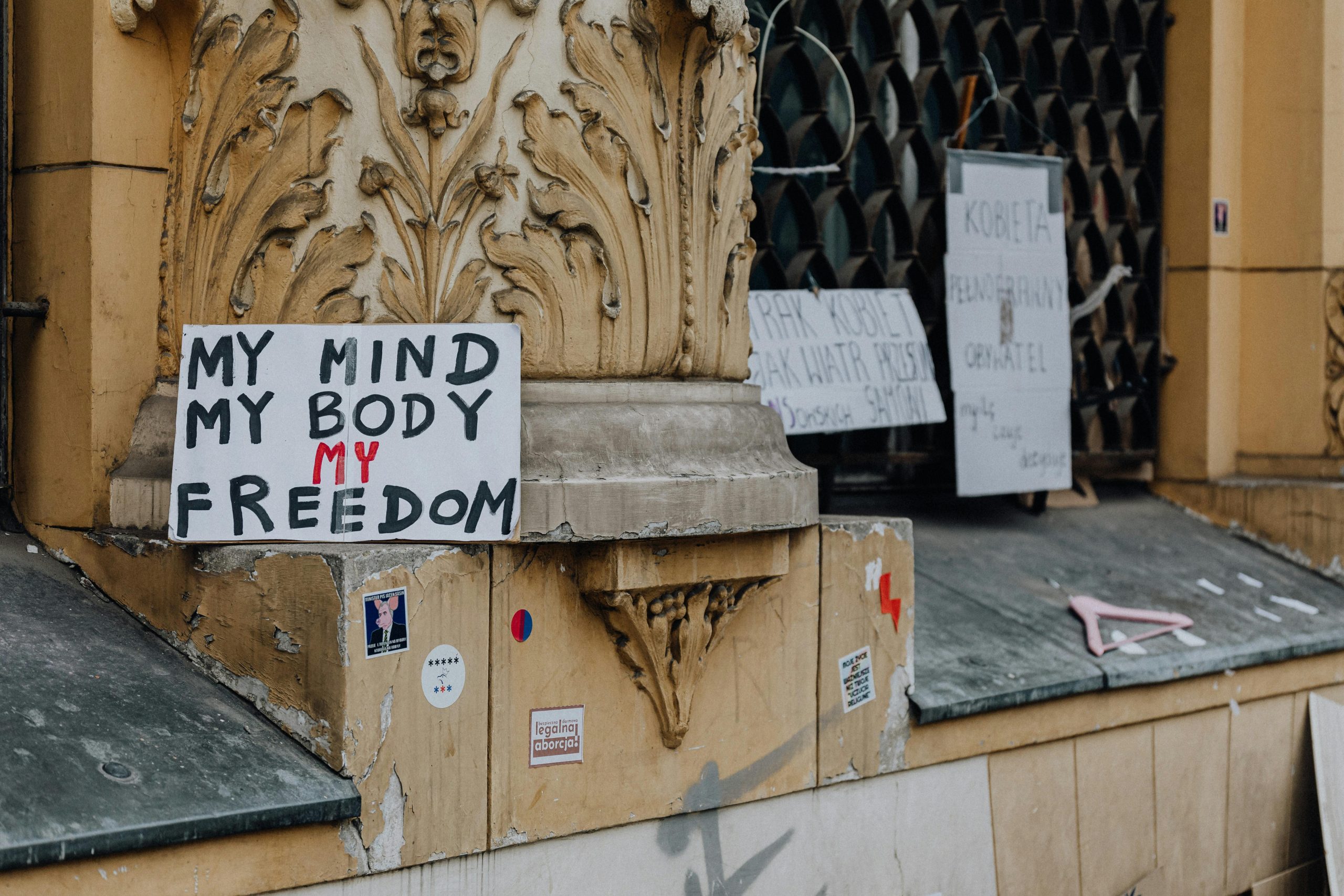
The Supreme Court of Arizona, in the USA, ruled that the State can impose an almost total ban on abortion, based on a law that has existed for 160 years.
++ Total solar eclipse occurs this Monday (8)
As a result, the 1864 law — which precedes Arizona’s becoming a state — makes abortion punishable by two to five years in prison, except when the mother’s life is at risk.
The decision, which is not yet definitive, could close all abortion clinics in the State and affect both health professionals and women and the results of the next elections.
With this, Arizona voters will be able to take a stance on this decision in a referendum scheduled for November.
The decision came after months of legal disputes over whether the law could actually be applied after having been shelved for so many decades. Many have argued that it has been effectively nullified by decades of state legislation, including a 2022 law that allows abortion up to 15 weeks of pregnancy.
Arizona’s high court agreed to hear the case in August 2023 after a right-wing law firm, Alliance Defending Freedom, appealed a lower court ruling that said that the most recent law should be maintained.
++ European court condemns Swiss government for failing to act on climate change
On Tuesday (9), the state supreme court overturned the previous decision by a score of 4 to 2. The judges ruled that the 1864 law was “now applicable” because there were no federal or state protections for the procedure.
The Alliance Defending Freedom joined anti-abortion activists in celebrating the result, saying the decision is “significant” and will “protect the lives of countless innocent unborn children.”
It is not yet clear how the law will be applied in practice.
It’s worth remembering that in the nearly two years since the U.S. Supreme Court’s ruling on abortion, activists supporting expanded access to abortion have won all seven ballot initiatives related to the issue, even in Republican-controlled states.
Last week, the Florida Supreme Court gave the green light to another abortion referendum.
If approved, Florida voters would overturn the state’s six-week abortion ban and enshrine broad access to abortion in the local constitution.













